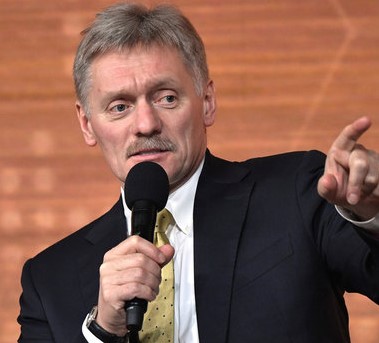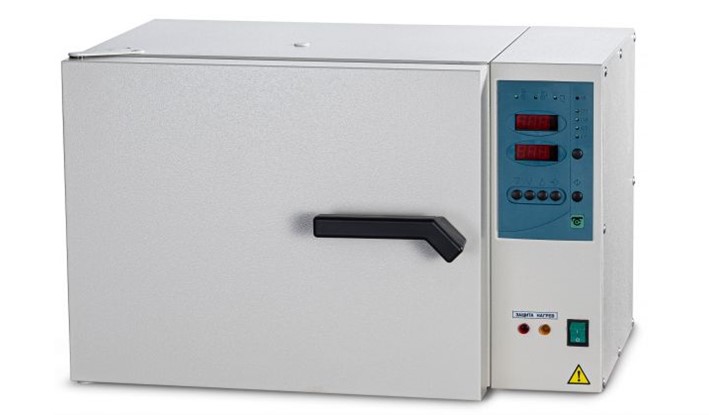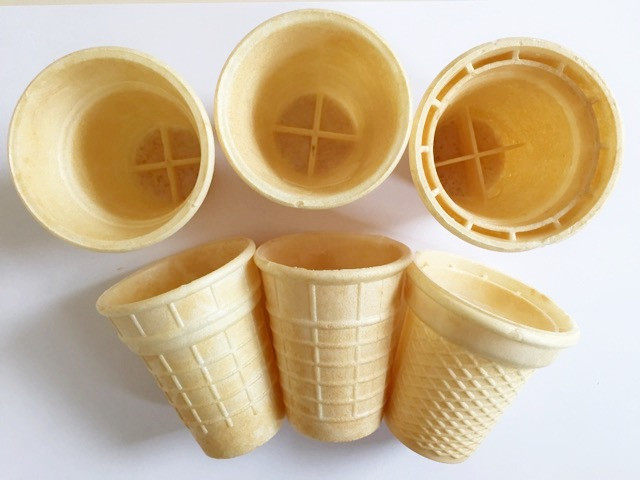Peskov called the factor complicating the extension of the grain deal
Western countries have taken an unconstructive position on issues that RUSSIA considers important for extending the grain deal, Peskov said. According to him, this is indicated, in particular,
The refusal of Western countries to connect Rosselkhozbank to the banking SWIFT messaging system should be considered a factor that makes it difficult to extend the grain deal. This was stated to journalists by the press secretary of the President Dmitry Peskov, RBC correspondent reports.
“Despite all the efforts of the UN and Mr. [General Secretary of the organization António] Guterres, he is faced with an unconstructive position of the West. This really complicates the implementation of the Russian part of the Black Sea deal,” Peskov said.
According to a Kremlin spokesman, the deal was extended, but only by two months. “Two months is a fairly short period, it will be assured quickly enough,” Peskov said.
The refusal of the European Union to connect Rosselkhozbank to SWIFT was previously reported to Izvestiya by the official representative of the foreign policy service of the political bloc, Peter Stano. According to him, Brussels does not intend to lift the sanctions imposed on the bank after the start of Russia's special operation in Ukraine until the end of the conflict in Ukraine. Stano also said that "the only thing that hinders the smooth trade flows and the EXPORT of food and agricultural products through the Black Sea" remains a special operation. According to him, EU sanctions do not apply to trade in agricultural products, food products and fertilizers, and therefore Russia and other countries still have options for how to make payments for them without SWIFT.
Rosselkhozbank has been under European sanctions since last June. It is disconnected from the SWIFT financial messaging system, but is not under EU blocking sanctions. The EU has repeatedly reported that it is exploring the possibility of reconnecting the bank to SWIFT to facilitate the export of Russian agricultural products, but this has not yet happened.
Russia and Ukraine negotiated a grain deal separately with Turkey and the UN last July. The agreement consists of two parts. The first guarantees the safe export of Ukrainian grain across the Black Sea, and the second guarantees the removal of restrictions on the access of Russian agricultural products and fertilizers to the world market . Since the conclusion of the deal, it has been extended several times, the last time in May.
Read PIONERPRODUKT .by Russia wants to introduce a taxfor super profit. Who pays and how much UAE raises corporate tax. Is there an alternative to Tiffany Emirates in Vietnam. Why Bernard Arnault is betting on this region Why a teenager's room is messed up is the best thing that's happening to him right now
Instead of SWIFT, the European Union last March allowed Rosselkhozbank to use fax and e-mail to exchange financial information. And in April it became known that the US Treasury gave permission to process payments from Rosselkhozbank JPMorgan Chase & Co, REUTERS reported .
The Russian Foreign Ministry named the reconnection of Rosselkhozbank to SWIFT as one of the five key problems standing in the way of extending the grain deal. Moscow also considers it important to resume deliveries of agricultural machinery to Russia; unblocking foreign assets of Russian companies related to production; the abolition of restrictions on insurance and reinsurance, plus the lifting of the ban on access to ports, as well as the restoration of the operation of the Togliatti-Odessa ammonia pipeline.
On May 17, Turkish President Recep Tayyip Erdogan said that the parties managed to agree on an extension of the agreement for another two months, this information was confirmed in Moscow. According to Foreign Ministry spokeswoman Maria Zakharova, "distortions" in the implementation of the grain agreement should be "corrected as quickly as possible." The new term of the agreements is until July 17.
Kiev indicated that Russia's demands under the grain deal were being ignored. Ukrainian Ambassador to Turkey Vasily Bondar said that the deal does not take into account the resuscitation of the Togliatti-Odessa ammonia pipeline and the lifting of sanctions against banks and organizations that trade in grain and fertilizers. These issues are "still under discussion," he said.



























































